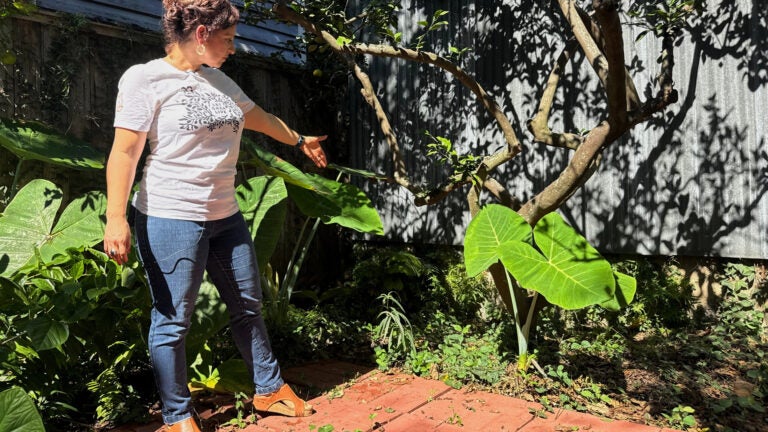
""The fact that it was in Latin that really just gave us pause, right?" said Daniella Santoro, a Tulane University anthropologist. "I mean, you see something like that and you say, 'Okay, this is not an ordinary thing.'" Intrigued and slightly alarmed, Santoro reached out to her classical archaeologist colleague Susann Lusnia, who quickly realized that the slab was the 1,900-year-old grave marker of a Roman sailor named Sextus Congenius Verus."
"Sextus Congenius Verus had died at age 42, of unknown causes, after serving for more than two decades in the imperial navy on a ship named for the Greco-Roman god of medicine, Asclepius. The gravestone calls the sailor "well deserving" and was commissioned by two people described as his "heirs," who were likely shipmates since Roman military could not be married at the time, Lusnia said."
"The tablet had been in an ancient cemetery of around 20 graves of military personnel, found in the 1860s in Civitavecchia, a seaside in northwest Italy about 30 miles (48 kilometers) from Rome. Its text had been recorded in 1910 and included in a catalog of Latin inscriptions, which noted the tablet's whereabouts were unknown. The tablet was later documented at the National Archeological Museum in Civitavecchia prior to World War II. But the museum had been "pretty much destroyed" during Allied bombing and took several decades to rebuild, Lusnia"
A family in New Orleans uncovered a marble tablet with Latin characters in their overgrown backyard. The tablet's inscription included the phrase "spirits of the dead." Anthropologist Daniella Santoro and archaeologist Susann Lusnia identified the slab as a 1,900-year-old grave marker for Roman sailor Sextus Congenius Verus. Sextus died at 42 after serving over two decades in the imperial navy aboard a ship named Asclepius; the gravestone was commissioned by two heirs likely to be shipmates. The marker originated from a 19th-century excavation in Civitavecchia and had been documented at a local museum before disappearing. The FBI is in talks with Italian authorities to repatriate the tablet.
Read at Boston.com
Unable to calculate read time
Collection
[
|
...
]